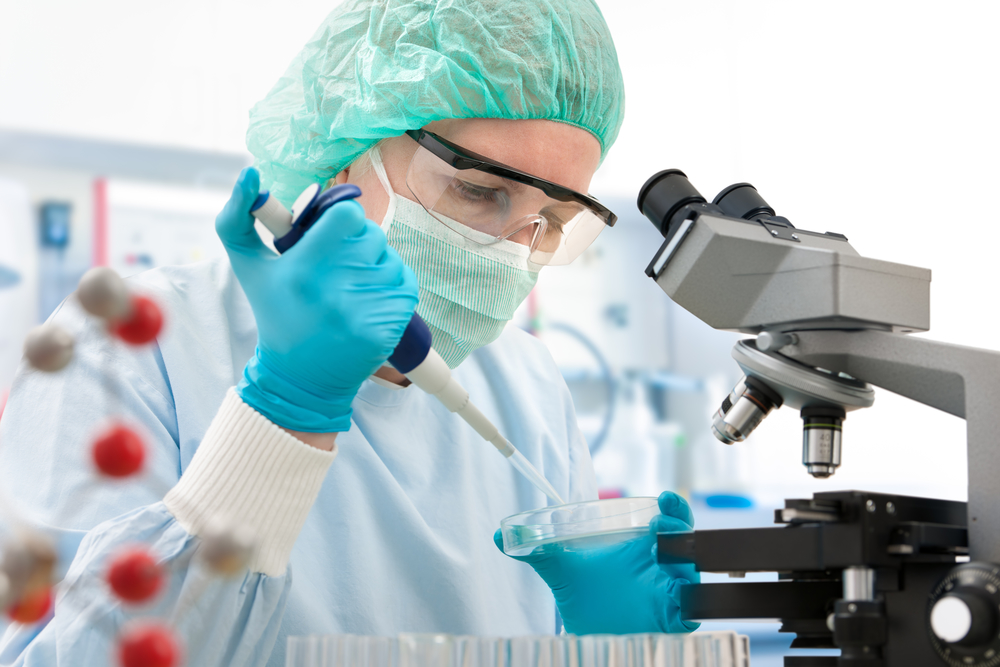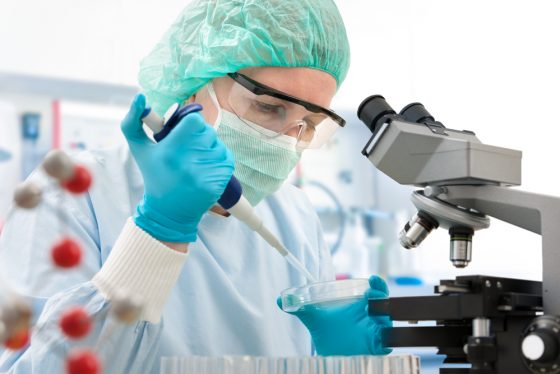Dutch research into Covid-19 and anti-malarial drugs is halted


Dutch research into the impact of two anti-malarial drugs on Covid-19 patients has been halted because researchers are no longer confident that it has a beneficial effect, broadcaster RTL and the AD said on Wednesday.
Some 10 hospitals, including the Utrecht and Maastricht teaching hospitals, were involved in testing the use of chloroquine and the related hydroxychloroquine, which started on April 15.
Work was halted two weeks ago after a report in medical journal The Lancet which said that use of the drug had led to more deaths. That report has since been withdrawn, but the Dutch researchers have decided to abandon their project anyway.
In particular, other unpublished British research involving 5,000 patients had shown no difference in the results between patients given the drug and a control group, project leader Andy Hoepelman told the AD.
In addition, there were too few coronavirus patients taking part in the Dutch study, which needed at least 1,000, Hoepelman said.
The Dutch study aimed to look at the impact of the drugs on patients who had been admitted to hospital but were not in intensive care, comparing their effects with those on standard treatment.
Thank you for donating to DutchNews.nl.
We could not provide the Dutch News service, and keep it free of charge, without the generous support of our readers. Your donations allow us to report on issues you tell us matter, and provide you with a summary of the most important Dutch news each day.
Make a donation